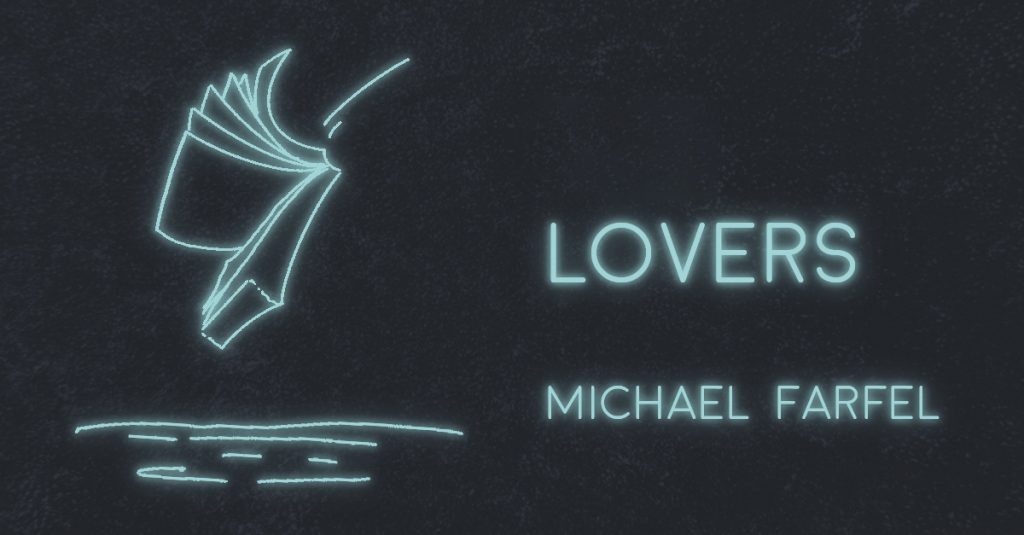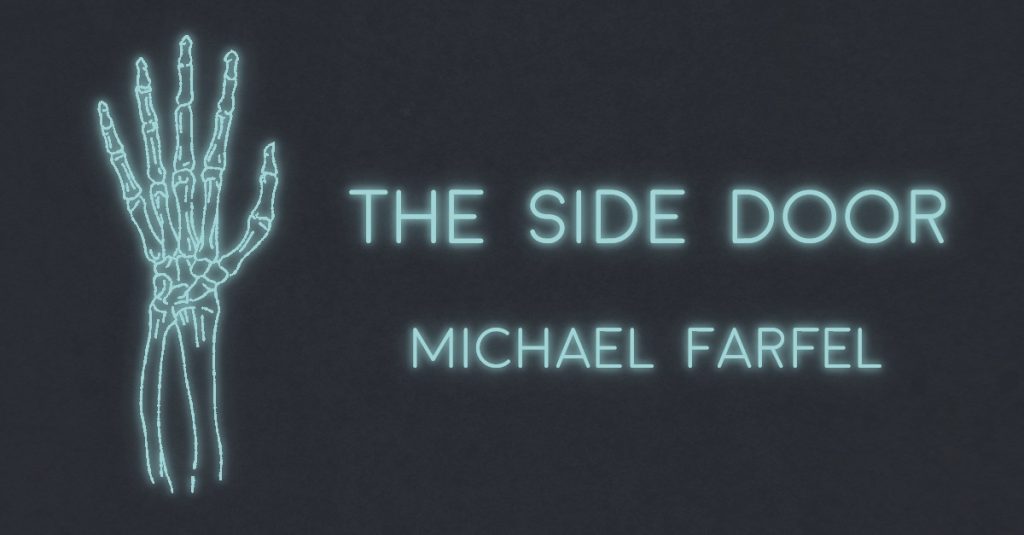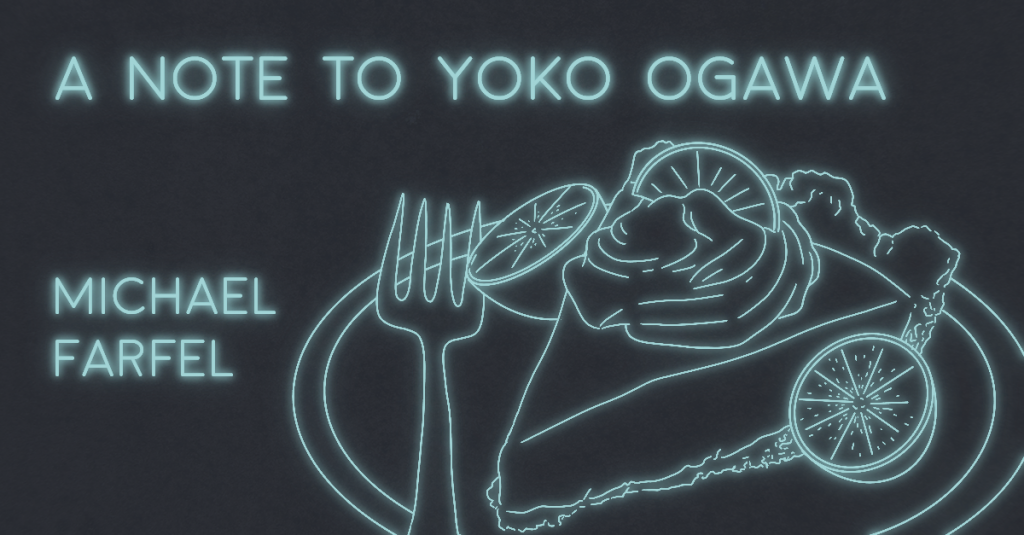
LOVERS by Michael Farfel
The two of them live in a small house that overlooks a somehow smaller lake. He has family money and neither of them have to work, but he finds meaning in his work (development—of what? we’re not quite sure) and she writes poems. The house is ancient and the rooms are cold. They often lay in bed until long past midmorning, even sometimes past noon. They argue about who will make coffee, always finally decided by who has to pee first. It’s usually her. The house, which the locals say is as old as bones, is older. It is rickety…


